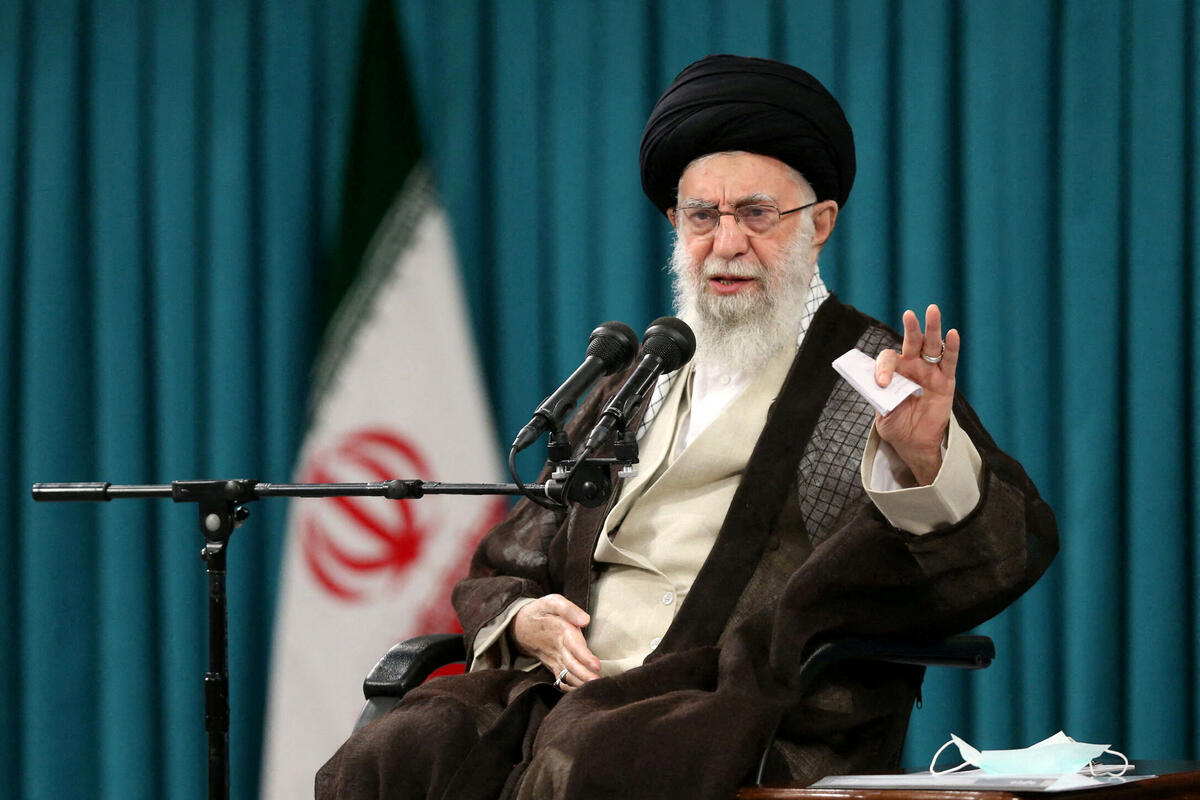Ali Akbar Velayati, advisor to the Supreme Leader of Iran, stated that Tehran will not allow the creation of a corridor between Azerbaijan and its exclave of Nakhchivan, which would pass through Armenian territory. According to Velayati, the implementation of this plan could jeopardize the security of the entire South Caucasus. These comments were made on Saturday, August 9, in an interview with the Iranian news agency Tasnim, reports Baltimore Chronicle, citing Deutsche Welle.
Velayati noted that the so-called “Trump Route for International Peace and Prosperity” (TRIPP) could lead to the isolation of Iran. He also warned that such a corridor “would turn into a graveyard for Donald Trump’s mercenaries.” The Iranian official emphasized that there is no need for a special corridor to connect Azerbaijan and Nakhchivan, as the territory of Iran itself can be used for this purpose. Velayati pointed out that Armenian Prime Minister Nikol Pashinyan had admitted during his visits to Iran that such a route could be disadvantageous for Armenia, as it would sever the country’s direct border with Iran.
The advisor to Ayatollah Khamenei also stressed that Russia is likely to be strategically opposed to this corridor, as its creation could lead to an increased NATO presence in the region.
The Iranian Ministry of Foreign Affairs also reacted to the signing of the declaration of peaceful relations between Armenia and Azerbaijan. The ministry expressed support for the document, but at the same time voiced concern about the potential negative consequences of “any form of foreign intervention, especially near shared borders.” They emphasized that the development of transport systems in the region will only be beneficial if it occurs “on the basis of mutual benefit, respect for national sovereignty, and territorial integrity, without foreign interference.”
On August 8, Azerbaijani President Ilham Aliyev and Armenian Prime Minister Nikol Pashinyan, in the presence of U.S. President Donald Trump, signed a joint declaration on peaceful relations. While this is not a peace treaty between the two countries, European politicians have called it an “important event” that could pave the way for a “stable and lasting peace” in the region. The declaration includes cooperation between Armenia and the U.S. and third countries to organize the TRIPP transit route, with Armenia handing over the rights to manage the corridor to the U.S. for 99 years.
A peace treaty between Azerbaijan and Armenia has not yet been signed, largely due to demands from the Azerbaijani side. For instance, President Aliyev has repeatedly stated that one of the conditions for its acceptance is an amendment to the Armenian Constitution that would exclude “territorial claims against Azerbaijan.” Aliyev made another such statement to the state agency AZERTAC on August 9, after the signing of the agreement.
Earlier we wrote that Iran rejects talks with U.S. under pressure — Iravani.

